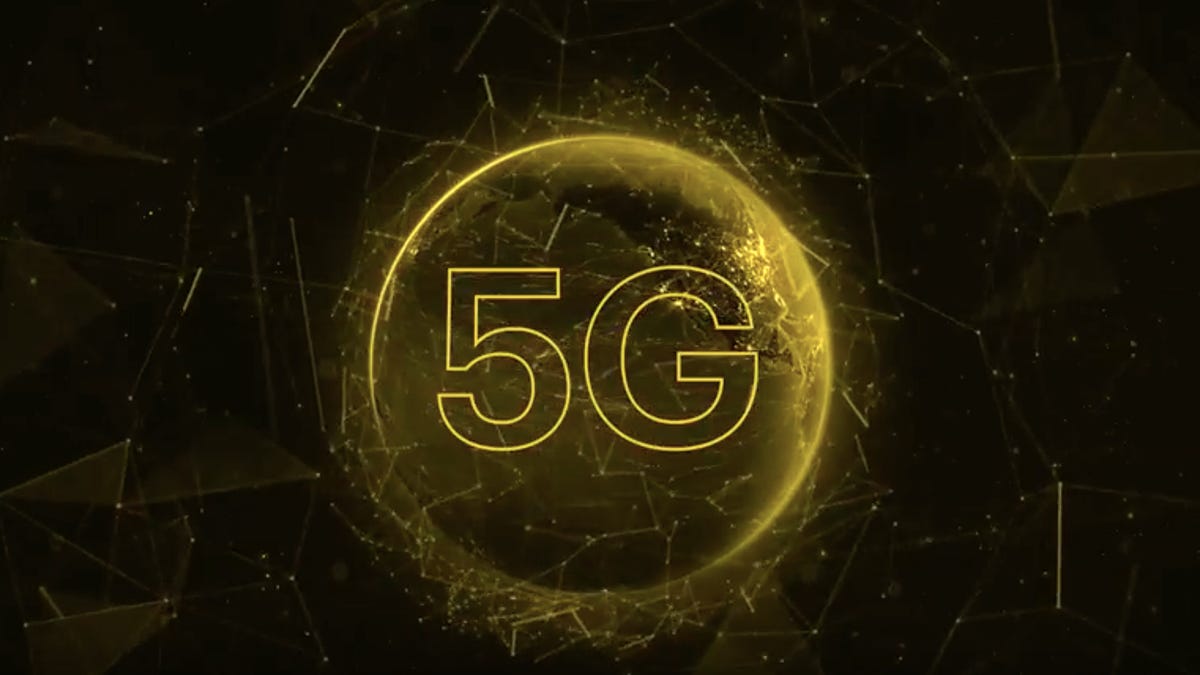Australia's 5G security hard line is bad news for China's Huawei, ZTE
While the world weighs the national security risks tied to 5G networks, Australia has acted decisively, locking China out.

Telcos around the world are in a race to bring 5G to consumers.
China has faced another setback in its bid to become a global telecommunications powerhouse: The Australian government, worried about national security, has effectively blocked Chinese carriers from building Australia's 5G network.
The decision could have broader ramifications elsewhere in the world. In the United States, for instance, President Donald Trump has proposed building a nationalized 5G network free of overseas interference in order to maintain telecommunications security.
While governments around the world gear up for the new technological era of 5G (think driverless cars, remote surgery and wide-scale connectivity), they're also thinking about espionage threats. President Trump's US-built 5G network, reportedly proposed by his National Security Council, would attempt to counter concerns such as the risk of Chinese spying on US mobile devices.
Australia, though, has acted decisively, announcing on Thursday it is tightening the involvement of "third party vendors in 5G networks" in a bid to manage national security.
"The Government considers that the involvement of vendors who are likely to be subject to extrajudicial directions from a foreign government that conflict with Australian law, may risk failure by the carrier to adequately protect a 5G network from unauthorised access or interference," the joint statement from the Department of Home Affairs and the Department of Communications read.
While China was not mentioned specifically, the announcement reflects the long-awaited decision by the Australian government on the involvement of the communist country in building Australia's communications infrastructure.
The presence of companies such as Huawei and ZTE in Australia has long been a political sticking point. Huawei was banned from involvement in building Australia's National Broadband Network, and the country's Department of Defence has moved to distance itself from Chinese carriers, quietly phasing out Huawei and ZTE handsets among staff.
Australia is not alone. ZTE avoided a seven-year ban in the US only after striking a deal that included a total of $1.4 billion in payments by the company, among other concessions, though some US lawmakers continue to call for harsher action. In the UK, meanwhile, the government has raised security concerns about the use of Huawei equipment in Britain's telecom networks.
In a statement to ZDNet, Huawei labeled the Australian government's decision as "extremely disappointing," adding that it had "safely and securely delivered wireless technology in Australia for close to 15 years."
China said that Australia shouldn't "use various excuses to artificially erect barriers," according to Reuters.
"We urge the Australian government to abandon ideological prejudices and provide a fair competitive environment for Chinese companies' operations in Australia," Chinese foreign ministry spokesman Lu Kang said at a daily news briefing in Beijing on Thursday.
On Friday, one day after the government announced the news, South China Morning Post reported that Huawei had dubbed it a move made on political grounds.
"The Australian government's decision to block Huawei from Australia's 5G market is politically motivated, not the result of a fact-based, transparent, or equitable decision-making process," it said.
Huawei did not respond to CNET's request for comment.
ZTE declined to comment.
First published Aug. 22, at 10:17 p.m. PT.
Updated Aug. 23 at 3:38 a.m. PT: Added China's response.
Updated Aug. 24 at 12:31 a.m. PT: Added additional comment from Huawei.
Security: Stay up-to-date on the latest in breaches, hacks, fixes and all those cybersecurity issues that keep you up at night.
Special Reports: CNET's in-depth features in one place.

